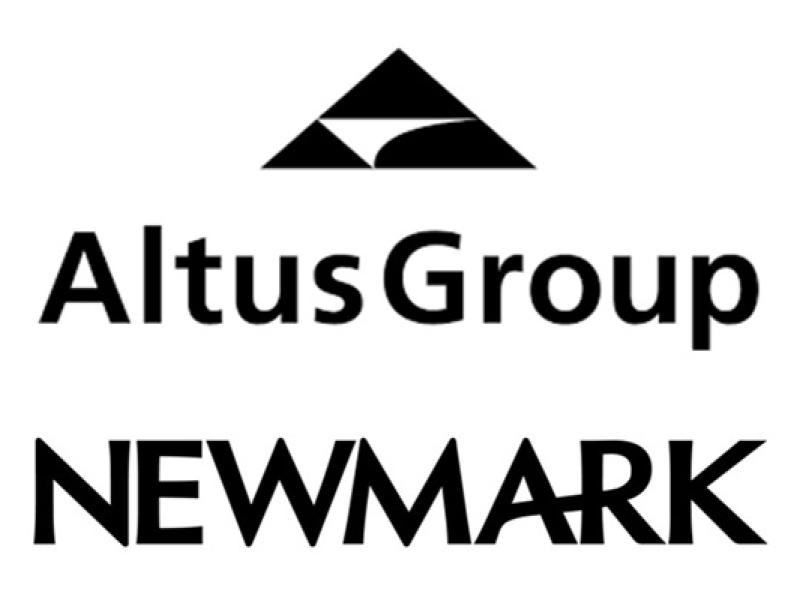 Uncertainty about asset prices is expected to remain a key factor limiting transaction volumes, while deals that do proceed will likely be smaller as large investors pull back from the market and less capital is available for real estate acquisitions.
Uncertainty about asset prices is expected to remain a key factor limiting transaction volumes, while deals that do proceed will likely be smaller as large investors pull back from the market and less capital is available for real estate acquisitions.
That was one of the major observations featured in PwC and Urban Land Institute’s just-released 2024 Emerging Trends in Canadian Real Estate report, which was augmented by a presentation from PwC Canada national real estate leader Frank Magliocco and a panel discussion involving industry leaders at Toronto’s The Carlu on Nov. 14.
The findings came from interviews with 209 Canadian real estate executives, who by and large weren’t as optimistic as those who had contributed to the previous year’s report.
A prevailing theme was that companies will be cautious and move slowly, with some pauses in investment and development, over the next year or two until they see more certainty in the market.
Allied and Fengate being cautious
Allied Properties REIT (AP-UN-T) is one of those cautious real estate owners. So far in 2023 it has sold data centres, paid down debt and invested in its core portfolio as it maintained liquidity of between $800 million and $900 million.
President and chief executive officer Cecilia Williams, one of the panellists, said Allied doesn't plan to allocate any incremental capital to acquisitions next year.
“Our focus in 2024 will be to complete development activities currently underway, complete upgrade activities and lease-up vacant space,” said Williams.
“We’ve repositioned our balance sheet for strength and flexibility, and we are in capital and liquidity preservation mode.”
“When we get into a project, we always make sure that we have the equity available for it,” said another panellist, Fengate managing director and group head of real estate Jaime McKenna.
“So we're not in a position where we need to raise capital to actually execute on the transaction.”
The rising cost of debt, however, has put Fengate in a position where it's either pausing on making moves or taking longer to make decisions.
Optimizing portfolios and operations
“In times like this with capital scarcity, people want to ensure that they have the best positioned portfolios that are operating in the most efficient way,” Magliocco observed.
“Most leaders don't believe that we can actually wait this out and instead we need to start to rebalance and reposition and optimize portfolios to focus on what lies ahead.
“That's going to be critically important to position themselves as they emerge from this period of uncertainty in a much stronger form.”
Assets that were once considered core may no longer be and some owners are looking to pivot with their asset mixes or look to niches including data centres, student housing and medical offices to generate higher returns.
Panellist and Starlight Capital CEO and chief investment officer Dennis Mitchell believes most large Canadian real estate developers, managers and owners have great relationships and deep pools of capital.
Thus, he expects real estate will continue to appeal to source capital as long as returns justify it.
Mitchell would like to see more innovation in the Canadian real estate market, including the creation of pure-play data centre and cellular tower real estate investment trusts, as well as a larger focus on student housing.
Magliocco said generative artificial intelligence — which can generate high-quality text, images and other content based on data received — “has the potential to really revolutionize the rules of the game and could have a pretty profound impact on the overall strategy in achieving portfolio and operational optimization.”
Bigger emphasis on ESG
Environmental, social and governance (ESG) considerations have become critical levers as building owners and investors realize they can help preserve long-term asset values while also creating value through improved operating cash flows and more attractive capital from lenders and investors.
Panellist and Infrastructure Ontario chief ESG officer Toni Rossi said people have to stop thinking about ESG as a cost and consider it an investment.
Institutional real estate investors have traditionally been more focused on ESG than private developers and owners, but the tide appears to be turning.
“We get pressures from institutional capital, which wants ESG to be at the forefront, so we adapt our products and our policies and our investment criteria to achieve what they're looking for,” McKenna said, adding that enables Fengate to apply similar pressure to its private partners.
“Once you get your house in order, that puts you in a power position with your partners to say ‘We're going to expect more from you.’ ”










